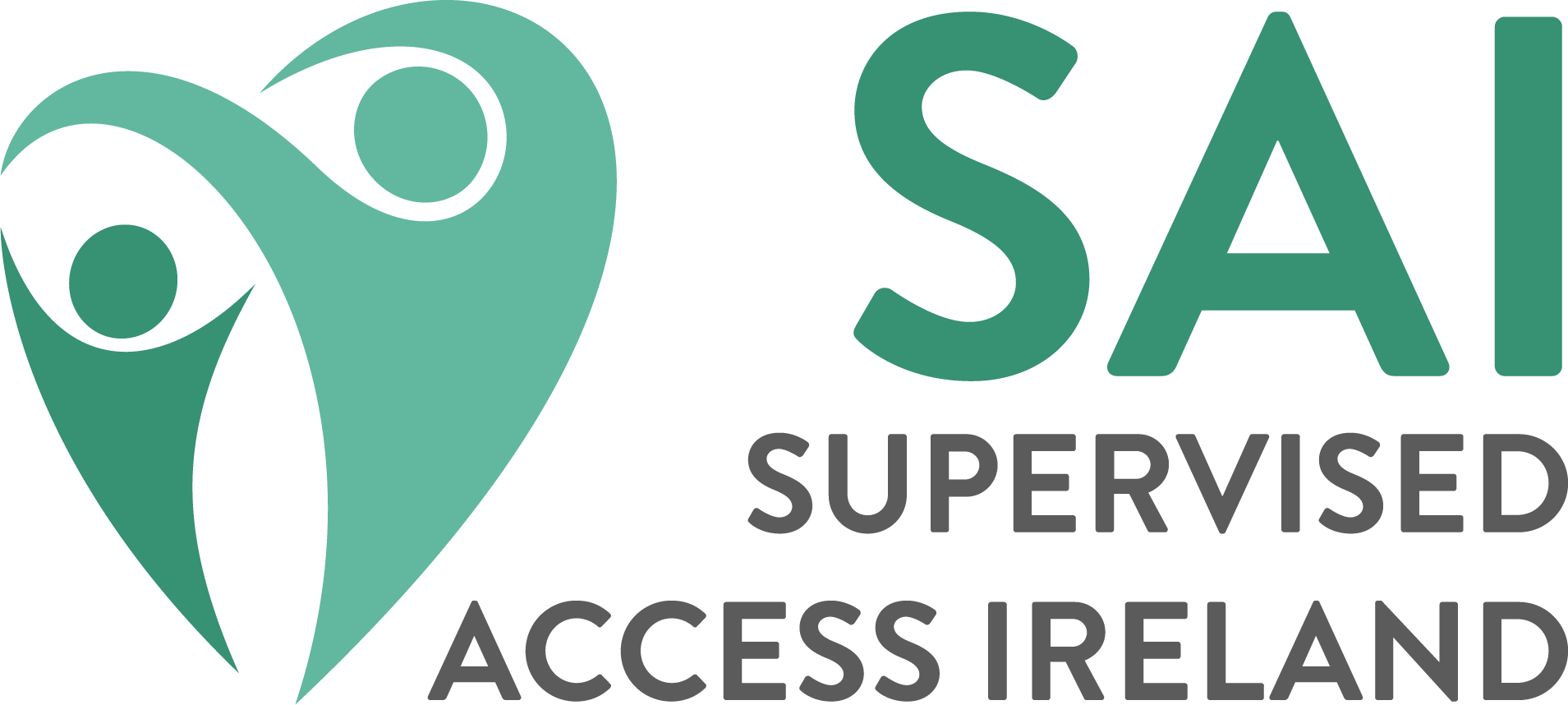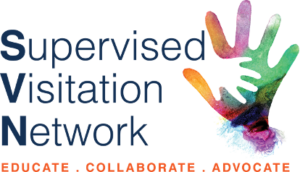Title: Understanding Supervised Access in Ireland: A Guide for Families
Introduction
Navigating the complexities of family law can be challenging, especially when it involves the delicate matter of child visitation. In Ireland, supervised access has become an integral part of family support services, offering a safe and neutral environment for children to maintain relationships with non-custodial parents or family members. This blog post delves into the concept of supervised access in Ireland, its legal underpinnings, and its critical role in safeguarding the interests of children and families.
What is Supervised Access?
Supervised access refers to contact between a non-custodial parent or family member and their child, conducted in the presence of a neutral third party. This arrangement is particularly vital in situations where, for various reasons, unsupervised visits may not be in the child’s best interest. The primary goal of supervised access in Ireland is to ensure the child’s safety and well-being while supporting their right to maintain a relationship with both parents.
Legal Framework in Ireland
In Ireland, the legal framework governing supervised access is primarily focused on the welfare of the child. The Child and Family Agency (Tusla) and family courts play pivotal roles in determining and overseeing supervised visitation arrangements. Decisions are made based on several factors, including the child’s safety, the parent’s ability to meet the child’s needs, and the overall impact on the child’s well-being.
Importance of Supervised Access for Families
Supervised access serves as a crucial component of family support services in Ireland. It provides:
- Safety and Security: Ensures a safe and controlled environment for visits, particularly in sensitive situations.
- Neutral Ground: Offers a neutral setting that can reduce conflicts and tension between parents, focusing solely on the child’s needs.
- Professional Observation: Allows trained professionals to observe interactions and provide necessary support or intervention.
- Rebuilding Relationships: Facilitates the gradual rebuilding of trust and relationships between the child and the non-custodial parent.
Conclusion
Understanding and navigating supervised access in Ireland is vital for families undergoing transitions. It’s not just about legal compliance; it’s about ensuring that children continue to enjoy meaningful relationships with their parents in a safe and supportive environment. As part of comprehensive family support services, supervised access plays a pivotal role in maintaining the delicate balance of familial relationships, especially in challenging circumstances.
Robert Mc Cormack





